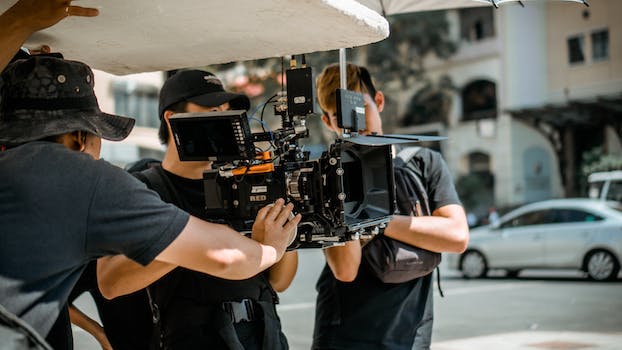Documentaries are a unique form of storytelling that often rely on interviews to convey information and insights. Interviews can be a powerful tool in documentary filmmaking, providing firsthand accounts, expert opinions, and emotional perspectives on the subject matter. In this article, we will explore the use of interviews in documentaries and their role in shaping the narrative.
The Power of Interviews in Documentary Filmmaking
Documentary filmmaking is all about telling stories, and interviews are an essential part of that process. They allow filmmakers to capture the perspectives of people who have lived through or studied the subject matter, providing a level of insight and authenticity that cannot be found elsewhere.
One of the most significant advantages of interviews in documentaries is that they provide a human face to complex issues. They allow viewers to connect with the subject matter on a personal level, building empathy and understanding. This is particularly important in true crime documentaries, where interviews with victims, witnesses, and law enforcement officials can bring the case to life and help viewers understand the impact of the crime on the community.
The Role of Interviews in Shaping the Narrative
While interviews are an essential tool in documentary filmmaking, they also play a significant role in shaping the narrative. Filmmakers must carefully select the interviewees and their responses to create a compelling story that engages the audience.
This is where in-depth documentary analysis and insights come into play. By carefully examining the interviews and their context, filmmakers can create a narrative that is both informative and emotionally engaging. They can use editing techniques to highlight the most powerful moments and juxtapose different perspectives to create a nuanced portrayal of the subject matter.
However, it is essential to note that interviews can also be used to manipulate the narrative. Filmmakers can choose to emphasize certain perspectives or exclude others to create a particular point of view. This is why it is crucial to approach documentaries with a critical eye and consider the filmmaker’s intentions.
Conclusion
The use of interviews in documentaries is a powerful tool that can bring a story to life and provide viewers with unique insights into complex issues. However, it is also essential to approach documentaries with a critical eye and consider the filmmaker’s intentions. By doing so, we can gain a deeper understanding of the subject matter and appreciate the art of documentary filmmaking.





